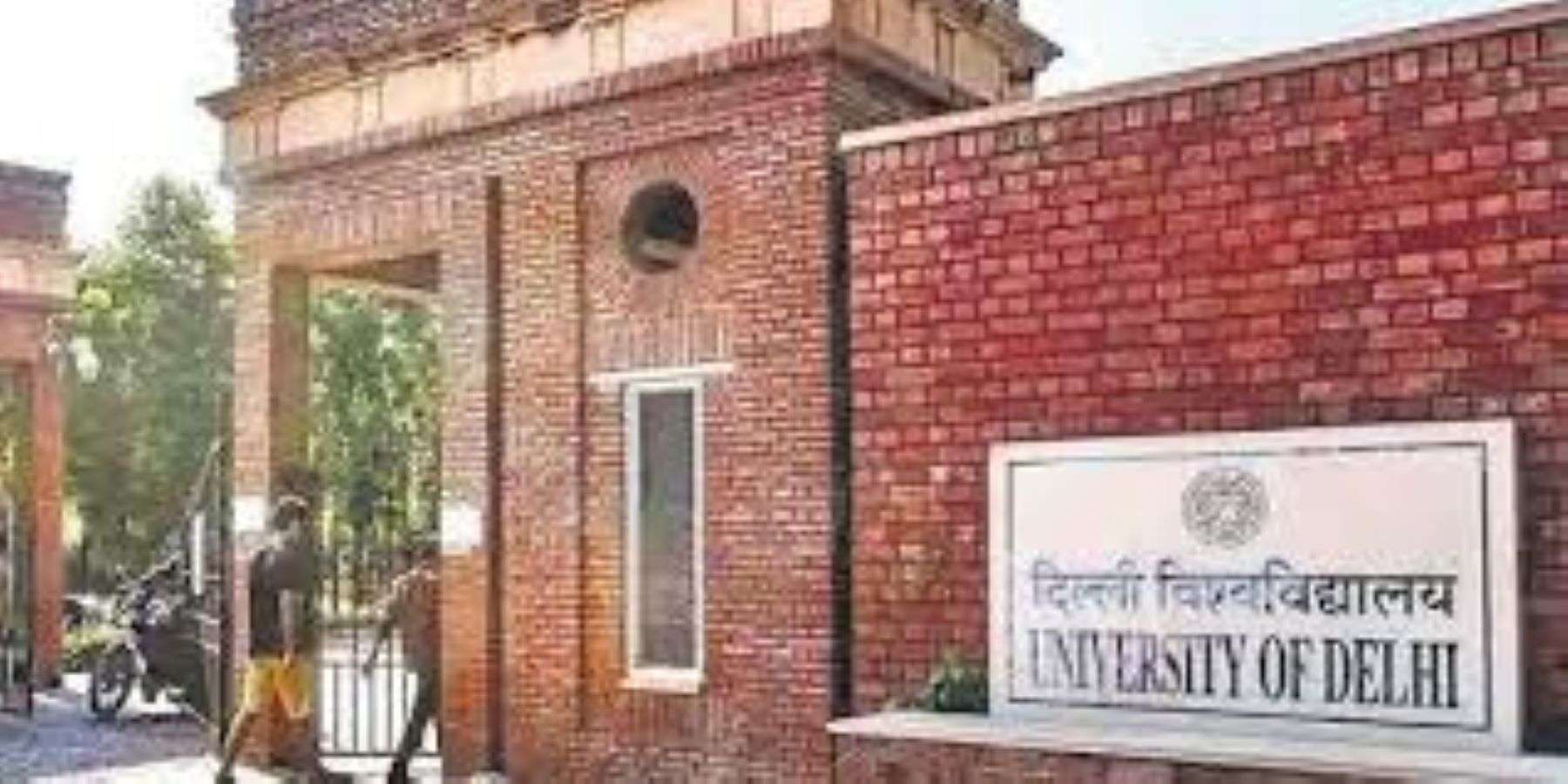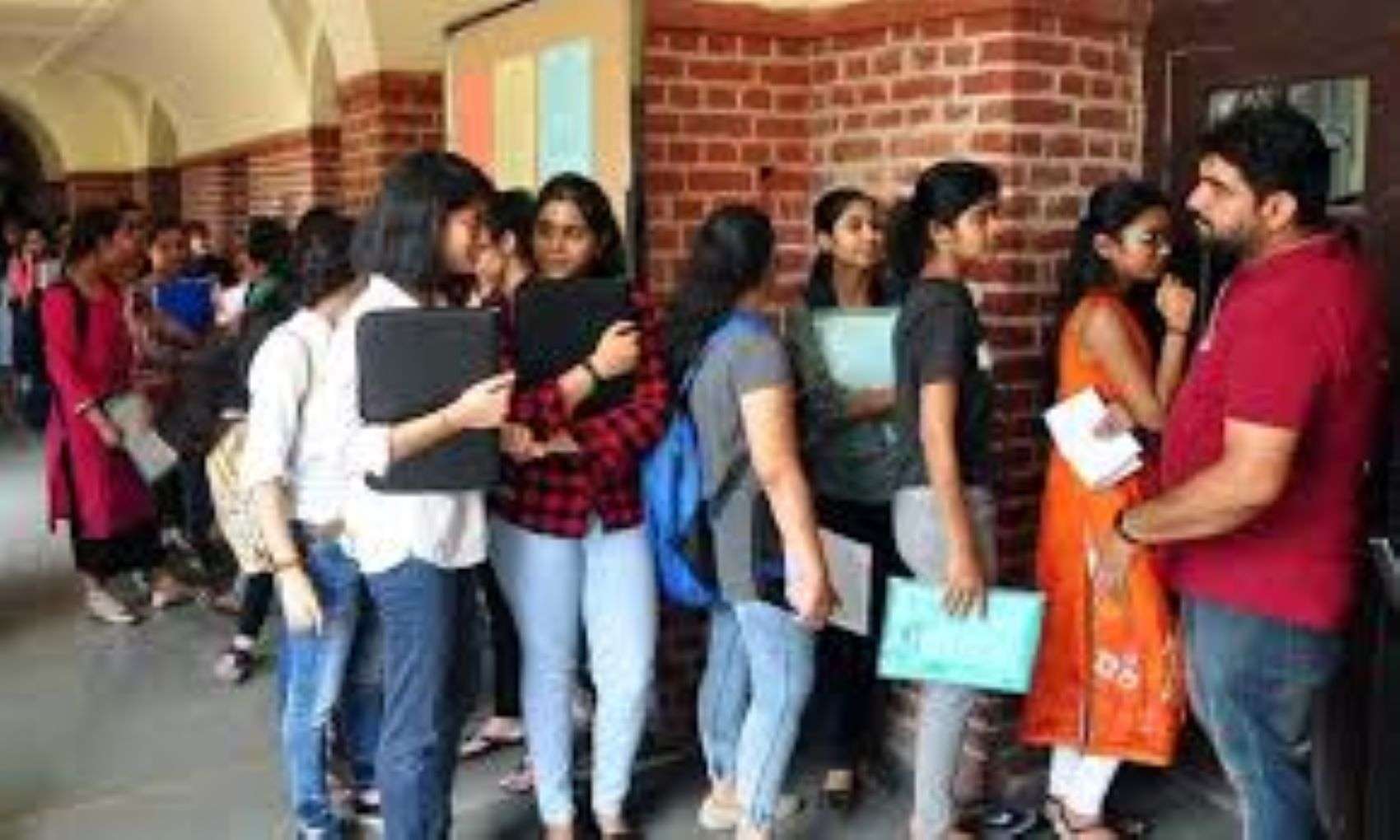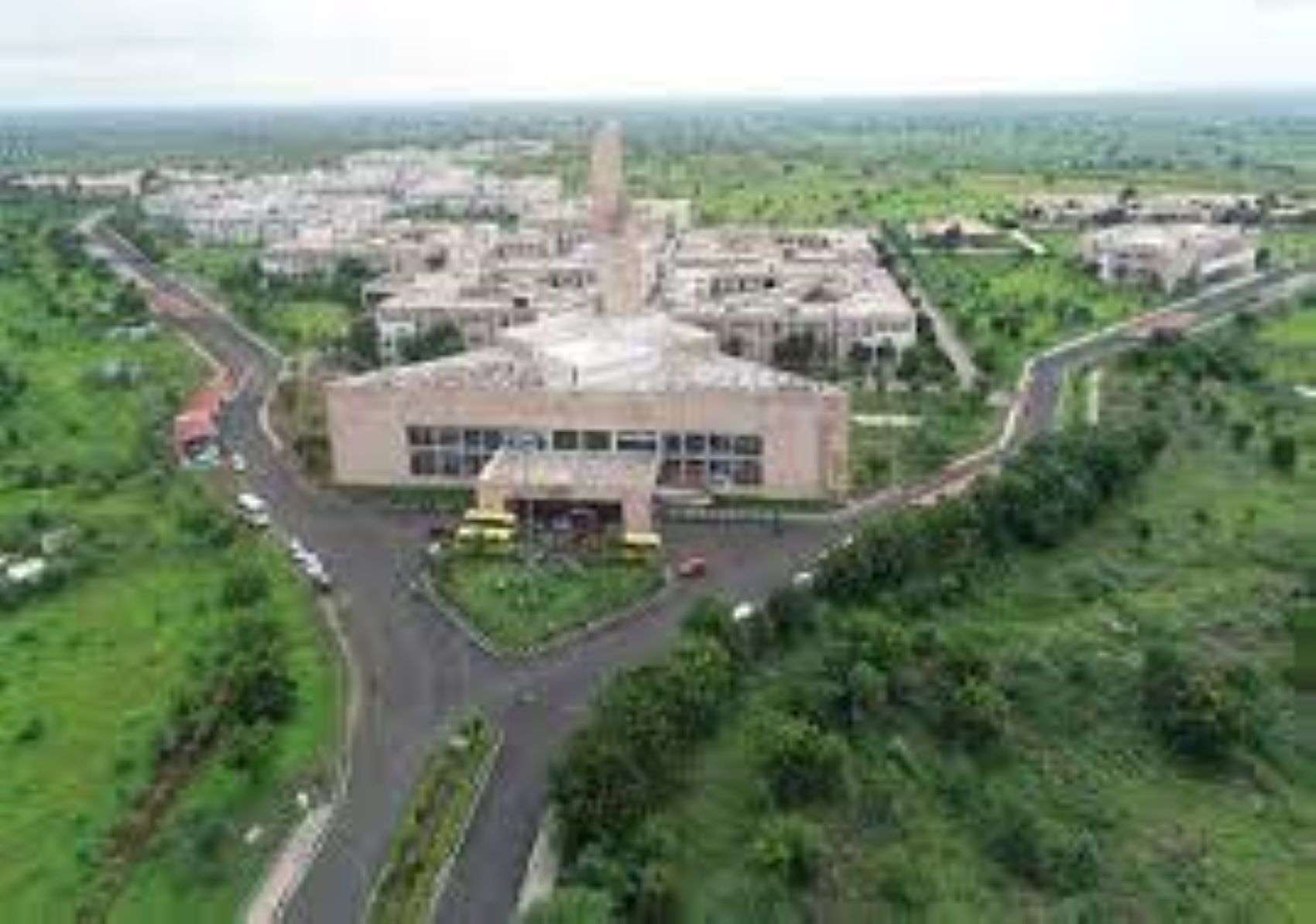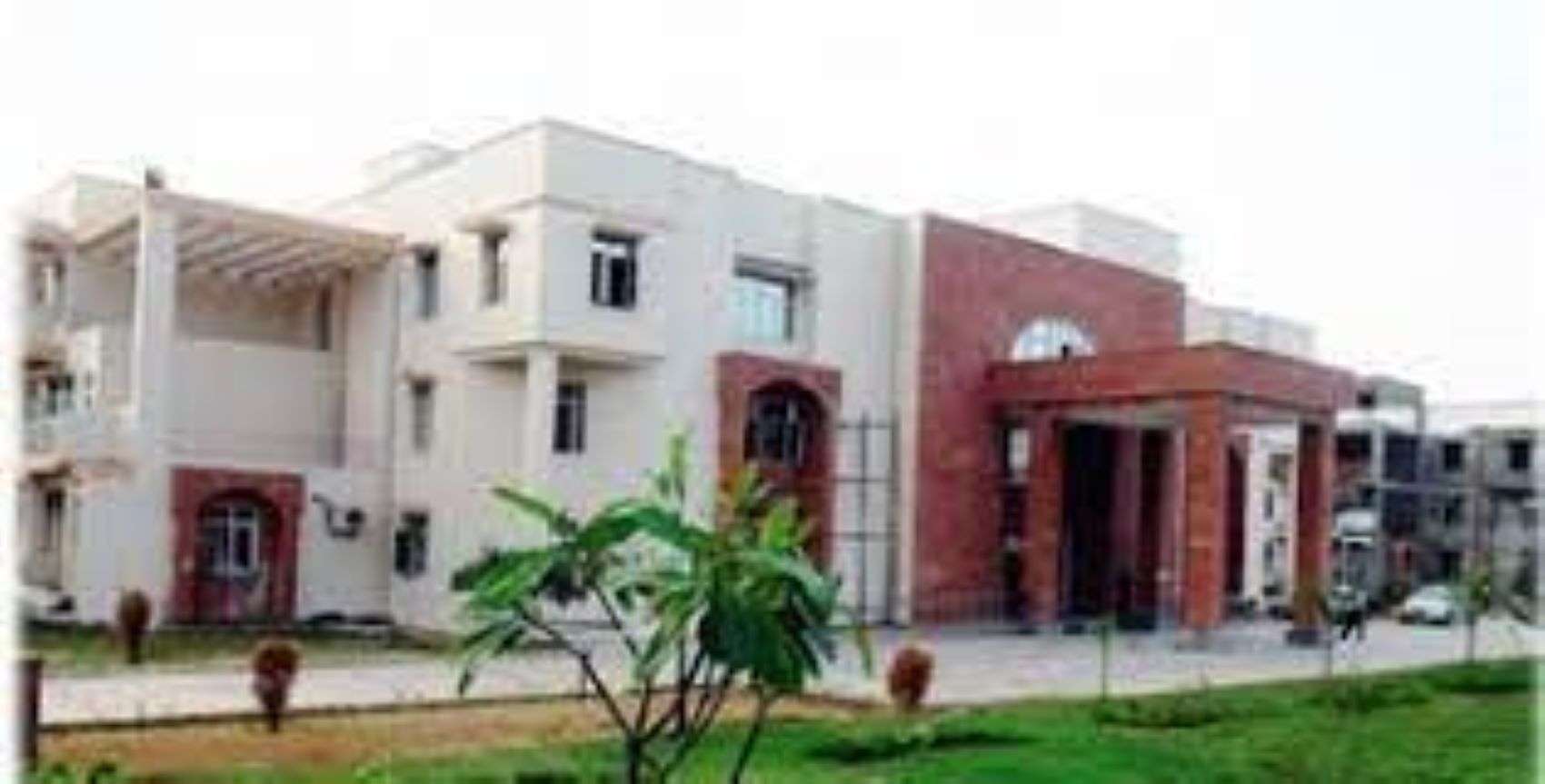The first phase of the census and the exercise to update the National Population Register (NPR), scheduled for this year but postponed due to the coronavirus epidemic, could be delayed by a year because it does not there is no sign of the pandemic slowing down.
- The Indian census is one of the largest administrative and statistical exercises in the world, with the participation of over 30 lakhs of officials who would visit every household across the country.
“The census is not an essential exercise at the moment. Even if it is delayed for a year, there would be no harm, ”
a senior official told PTI.
- The official said a final decision has not been made on when the first phase of the 2021 census and the NPR update will take place, but it will almost certainly not take place in 2020 in due to the increase in coronavirus cases.
- The house census phase and the NPR update exercise were scheduled to take place across the country from April 1 to September 30, 2020, but were postponed due to the COVID-19 outbreak.
“As the whole exercise requires the participation of thousands of officials and visits to every family, we cannot undermine the health risk involved,”
the official said.
- With a record single-day increase of 78,761 cases, the total number of coronavirus cases in India rose to 35,423,733, while the death toll rose to 63,498 as on Sunday.
- According to the above timeline, the census would have its reference date of March 1, 2021 and in the snow-covered areas of Jammu and Kashmir, Himachal Pradesh and Uttarakhand it would be October 1, 2020.
“The COVID-19 threat is still looming. The census and the NPR are not on the government’s priority list at the moment, ”
said another official.
- In March, when the coronavirus-induced lockdown was announced, India’s secretary general and census commissioner was ready for the first phase of the census and the NPR update which was due to begin on April 1.
- Although some state governments opposed updating the NPR, all offered full support for the census.
- The census is the most important source of a variety of statistical information on the Indian population that helps the state shape various policies.
- With a history of over 130 years, this reliable and proven exercise has yielded a veritable wealth of statistics every 10 years, including the rich diversity of people, and has become one of the tools for understanding and studying India.
- The goal of the NPR is to create a comprehensive database of the identities of all usual residents of the country. The database would contain demographic and biometric data.
- The NPR is a register of usual residents of the country. It is prepared at local (village and sub-city), sub-district, district, state and national levels in accordance with the provisions of the 1955 Citizenship Act and citizenship rules (registration of citizens and issuance of identity cards national) of 2003.
- NPR data was last collected in 2010, in conjunction with the housing registration phase of the 2011 Census. These data were updated in 2015 through a door-to-door survey.
- When updating the register in 2015, the government asked for details like Aadhaar and people’s mobile phone number.
- This time, information related to his driver’s license and voter ID card may also be collected, officials said.
- Although information on the parents’ place of birth is sought, it is up to the residents to answer the question, as it is voluntary.
- For NPR, a usual resident is defined as a person who has resided in a local area for the past six months or more or a person who intends to reside in that region for the next six months.
- The law is mandated to register all Indian citizens and issue a national identity card.
- Demographic details required for each habitual resident are name, relationship to head of household, name of father, name of mother, name of spouse (if married), gender, date of birth, marital status, place of birth, nationality (as indicated), address of current habitual residence, length of stay at current address, address of permanent residence, occupation and degree of study.











More Stories
Registration for CLAT 2025 begins today; last date October 15
CLAT 2025 registration will begin on July 15
Delhi University 5 Year Law Programs Registration Begins